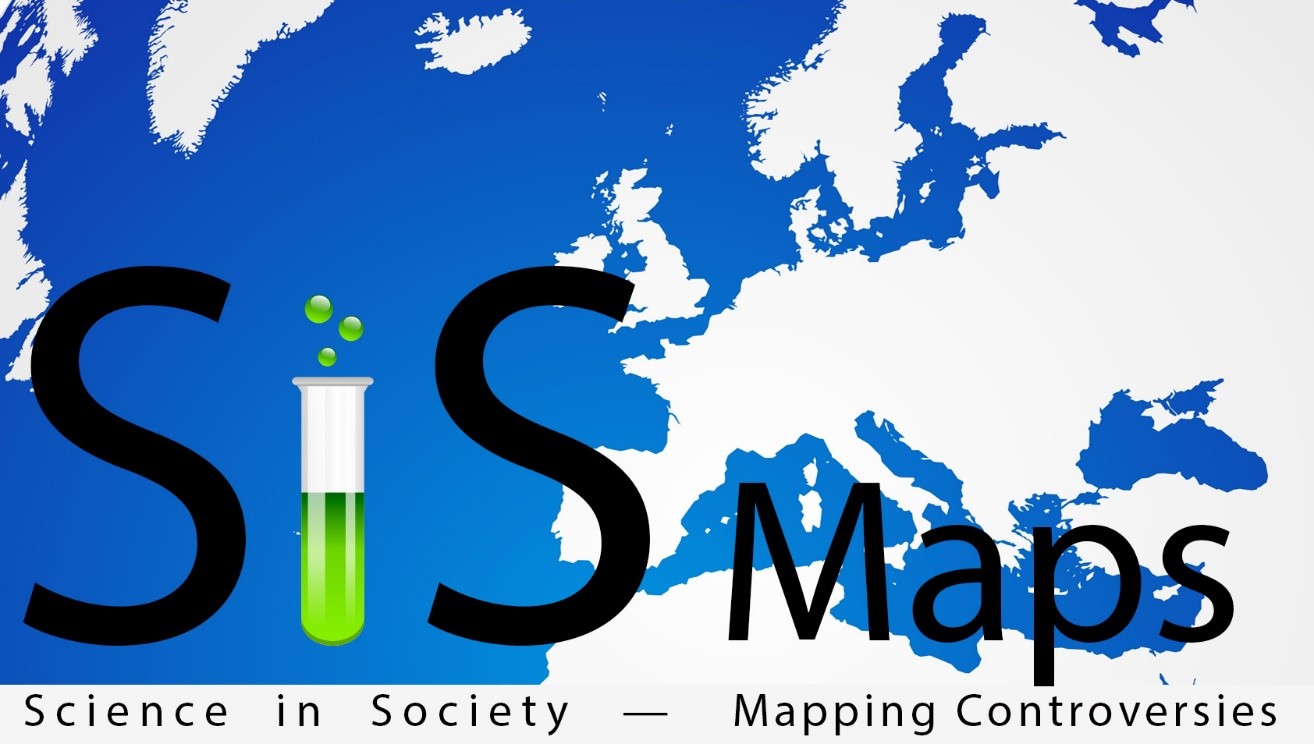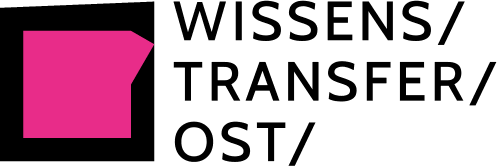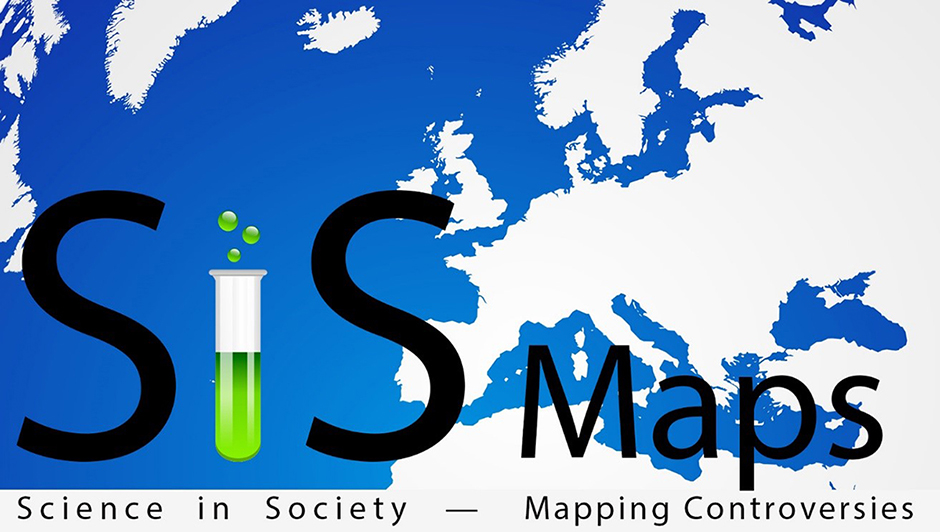Science and technology offer new possibilities for societal and economic developments. Yet, these possibilities, their risks and societal implications are often controversially discussed. What knowledge do we need and whose knowledge do we trust to assess benefits, limits and risks? Whose values should count when societal choices are made concerning scientific and technological developments and who should be involved in making such responsible choices?
In this project workshop, PhD students will learn to analytically approach complex public debates concerning science and technology, to develop their own position based on this analysis, as well as to communicate this position to different audiences. These competencies (reflexivity, analytical skills) will also improve their understanding of how their own research subject is potentially related to wider societal concerns. Furthermore, these competences and skills are also valued in many areas of contemporary labour markets (science communication, research PR, consulting, etc.), but also support a more nuanced communication of the own scientific research to different audiences.
Aims
The aim of this workshop is to sensitize PhD students of all disciplines to the complex entanglement of science and society and to provide them tools and techniques to analyse and communicate these entanglements in concrete controversies. We specifically take the debates around the herbicide Glyphosat, the creation of mutant mosquitoes through gene-drive technology to fight diseases like Malaria, and mobile phone radiation as examples.
All these cases include scientific, technical, social, cultural, economic, political and regulatory aspects that are entangled in complex ways. Concretely, the participants will learn how to identify the main issues, positions and actors of these controversies and to map their relations. Further, they will learn how to address specific audiences (broader publics, policy, etc.) and which formats (media articles, blogposts, policy briefs, etc.) they can use for so doing.
This will enable participants of this workshop to reflect on societal implications of their own research topics. They will learn to gain an overview of related debates, to position themselves in these debates with their specific expertise, and to contribute to public debates on social, political, technical and regulatory aspects of their research field.
Project topics:
To gain the described competencies, each participant will work on one of three projects in interdisciplinary teams:
Glyphosate is one of the most widely used herbicides, which is deployed against weeds in agriculture. Outside of the European Union glyphosate is used with genetically modified plants that are resistant against glyphosate to target “competing” weeds. The health-related and ecological effects of the substance are controversially discussed.
New genetic techniques known as ‘gene-drives’ allow introducing genetic modifications into whole populations relatively easily and quickly. This opens up possibilities, for example, to fight diseases like Malaria through making mosquitoes sterile or make them immune to the malaria parasite—and unable to spread it. Unintended and possibly irreversible effects on ecosystems, security issues and possibilities for control and regulation are controversially discussed.
Mobile phones, mobile phone masts but also Wireless Local Area Networks (WLANs) expose humans to high-frequency radiation in new forms. The effects on human health and their implications for the use of mobile phones and mobile communication in general are controversially discussed.
Dates & Structure of the project workshop
Meeting 1 – April 23, 9:30-13:30, seminar room 2, DoktorandInnenzentrum, Berggasse 7, 2nd floor
In the first half-day session, we will give an introduction to the method of controversy mapping for identifying and mapping the main issues, positions and actors in a debate. The participants will start to work on their cases in small groups.
Meeting 2 – May 30, 9:00-17:00, seminar room FDZ, Berggasse 7, inner yard
In the second full-day session, participants will further work on, present and discuss their controversy maps. We will further deal with different publics and how to address them.
Meeting 3 – June 20, 9:30-13:30, seminar room 2, DoktorandInnenzentrum, Berggasse 7, 2nd floor
In the last half-day session participants will present and discuss their contribution for a specific audience. We will further reflect upon implications for their own research subject.
Project tasks:
Until Meeting 2: In small groups, participants produce a controversy map and a short text that summarises the controversy (what are the main issues, positons and actors).
Until Meeting 3: Participants individually write a short contribution for a specific audience about one aspect of their controversy.
Application & selection:
Application deadline: April 2, 2018
Please send a short email to platform.rri@univie.ac.at, indicating your interest in and expectations of the workshop, your institutional affiliation and PhD topic, in which phase of your PhD research you currently are. Please also let us know which of the three cases (Glyphosate, gene drives, radiation) you would prefer to work on. We will select up to 9 participants (minimum 6) until April 6.
Please let us know if you can bring a notebook to the workshop!
Working language: English


